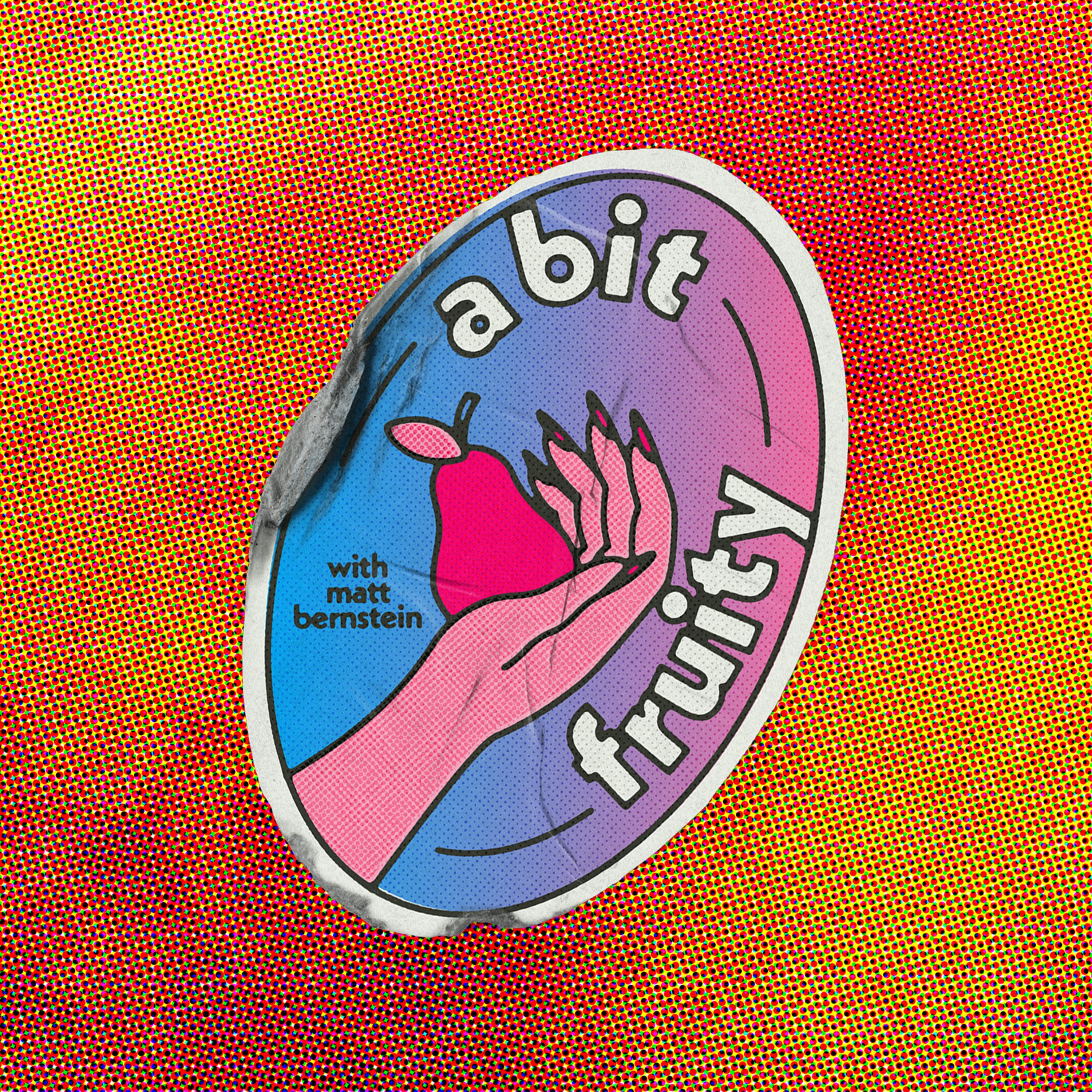Is Glinda Good?
A Bit Fruity was due for a good old-fashioned film analysis. Wicked is a kids movie that is actually for adults, holding up a mirror to our increasingly fascistic reality and asking us to question our struggle against it — or place within it. Glinda the Good Witch, thoughtfully delivered by Ariana Grande, is both easy to love and easy to hate. But while some characters’ politics are obvious (a fascist Wizard, a radical Elphaba), Glinda’s are harder to pinpoint. Today, we attempt just that.
Support me + listen to bonus episodes on Patreon!
Work smarter, not harder, with Factor meals ready in two minutes: www.factormeals.com/fruity50.
Get 15% off a cuter, more sustainable way to clean at www.blueland.com/fruity.
Me on Instagram.
A Bit Fruity on Instagram.
Learn more about your ad choices. Visit megaphone.fm/adchoices
Support me + listen to bonus episodes on Patreon!
Work smarter, not harder, with Factor meals ready in two minutes: www.factormeals.com/fruity50.
Get 15% off a cuter, more sustainable way to clean at www.blueland.com/fruity.
Me on Instagram.
A Bit Fruity on Instagram.
Learn more about your ad choices. Visit megaphone.fm/adchoices
Press play and read along
Transcript
Transcript is processing—check back soon.
A Bit Fruity with Matt Bernstein — Is Glinda Good?
